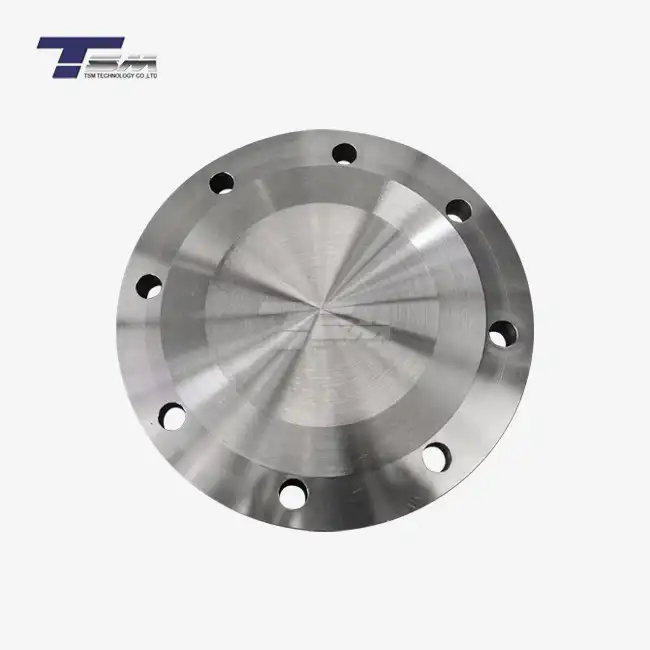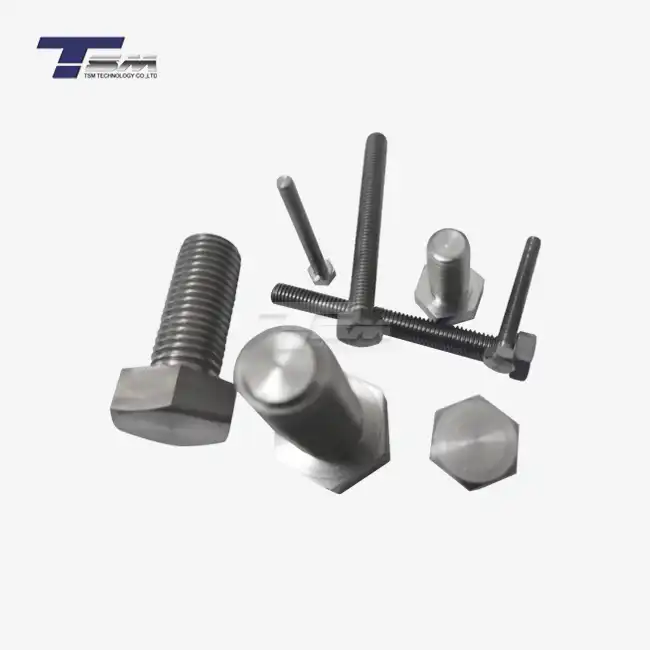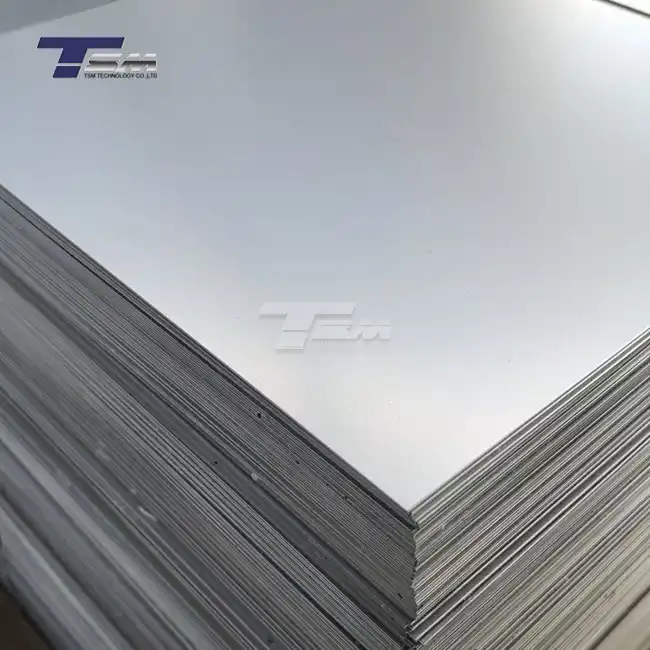- English
- French
- German
- Portuguese
- Spanish
- Russian
- Japanese
- Korean
- Arabic
- Greek
- German
- Turkish
- Italian
- Danish
- Romanian
- Indonesian
- Czech
- Afrikaans
- Swedish
- Polish
- Basque
- Catalan
- Esperanto
- Hindi
- Lao
- Albanian
- Amharic
- Armenian
- Azerbaijani
- Belarusian
- Bengali
- Bosnian
- Bulgarian
- Cebuano
- Chichewa
- Corsican
- Croatian
- Dutch
- Estonian
- Filipino
- Finnish
- Frisian
- Galician
- Georgian
- Gujarati
- Haitian
- Hausa
- Hawaiian
- Hebrew
- Hmong
- Hungarian
- Icelandic
- Igbo
- Javanese
- Kannada
- Kazakh
- Khmer
- Kurdish
- Kyrgyz
- Latin
- Latvian
- Lithuanian
- Luxembou..
- Macedonian
- Malagasy
- Malay
- Malayalam
- Maltese
- Maori
- Marathi
- Mongolian
- Burmese
- Nepali
- Norwegian
- Pashto
- Persian
- Punjabi
- Serbian
- Sesotho
- Sinhala
- Slovak
- Slovenian
- Somali
- Samoan
- Scots Gaelic
- Shona
- Sindhi
- Sundanese
- Swahili
- Tajik
- Tamil
- Telugu
- Thai
- Ukrainian
- Urdu
- Uzbek
- Vietnamese
- Welsh
- Xhosa
- Yiddish
- Yoruba
- Zulu
How Strong Is Nickel 200 Tube Under High Temperatures?
Nickel 200 tube exhibits remarkable strength under high temperatures, making it an excellent choice for various industrial applications. At elevated temperatures, Nickel 200 pipe maintains its structural integrity and mechanical properties, with a tensile strength of approximately 50-60 ksi (345-414 MPa) at 1000°F (538°C). This exceptional performance is attributed to its high nickel content, which provides excellent resistance to thermal stress and oxidation. The material's ability to withstand extreme heat without significant degradation in strength makes it invaluable in applications such as heat exchangers, chemical processing equipment, and high-temperature fluid transport systems.
Mechanical Properties of Nickel 200 Tube at Elevated Temperatures
Tensile Strength and Yield Strength
Nickel 200 tube demonstrates impressive tensile and yield strength at high temperatures. As the temperature increases, there is a gradual decrease in these properties, but the decline is less pronounced compared to many other materials. At room temperature, Nickel 200 pipe typically has a tensile strength of around 70-80 ksi (483-552 MPa) and a yield strength of 25-40 ksi (172-276 MPa). Even at temperatures as high as 1200°F (649°C), it retains a substantial portion of its strength, with tensile strength remaining above 40 ksi (276 MPa).

Creep Resistance
One of the key attributes of Nickel 200 tube is its excellent creep resistance at elevated temperatures. Creep, the tendency of a material to deform permanently under constant stress over time, is a critical factor in high-temperature applications. Nickel 200 pipe exhibits low creep rates, allowing it to maintain its dimensional stability and structural integrity even when subjected to prolonged exposure to high temperatures and stresses. This property is particularly valuable in applications where long-term reliability is essential, such as in power generation equipment and aerospace components.
Fatigue Strength
The fatigue strength of Nickel 200 tube remains robust at high temperatures, contributing to its overall durability in cyclic loading conditions. While fatigue strength generally decreases with increasing temperature, Nickel 200 pipe maintains a favorable fatigue life compared to many other materials. This characteristic makes it suitable for applications involving thermal cycling or fluctuating loads at elevated temperatures, such as in heat exchangers and thermal processing equipment.
Thermal Properties and Their Impact on Strength
Thermal Expansion
Nickel 200 tube possesses a relatively low coefficient of thermal expansion, which contributes to its strength and stability at high temperatures. The material's thermal expansion coefficient is approximately 13.3 × 10^-6 in/in/°F (23.9 × 10^-6 m/m/°C) at temperatures between 32°F and 212°F (0°C and 100°C). This low expansion rate helps minimize thermal stresses and distortion in Nickel 200 pipe systems, preserving its structural integrity and reducing the risk of failure due to thermal cycling.
Thermal Conductivity
The thermal conductivity of Nickel 200 tube plays a crucial role in its performance at high temperatures. With a thermal conductivity of approximately 52 BTU/hr·ft·°F (90 W/m·K) at room temperature, it efficiently dissipates heat, helping to prevent localized hot spots that could compromise its strength. This property is particularly beneficial in heat exchange applications, where uniform heat distribution is essential for maintaining the material's mechanical properties and overall system efficiency.
Oxidation Resistance
Nickel 200 pipe exhibits excellent oxidation resistance at elevated temperatures, which is vital for preserving its strength and integrity. The formation of a stable, adherent oxide layer on the surface of the material protects it from further oxidation, preventing the degradation of mechanical properties. This inherent oxidation resistance allows Nickel 200 tube to maintain its strength and structural integrity even when exposed to high-temperature oxidizing environments, making it suitable for use in challenging industrial processes and corrosive atmospheres.
Applications Leveraging Nickel 200 Tube's High-Temperature Strength
Chemical Processing Industry
The chemical processing industry extensively utilizes Nickel 200 tubes due to their exceptional strength and corrosion resistance at high temperatures. In this sector, the material is employed in the construction of reactors, heat exchangers, and piping systems that handle aggressive chemicals and corrosive substances. The ability of Nickel 200 pipe to maintain its mechanical properties under extreme conditions ensures the safety and reliability of critical processes, such as the production of specialty chemicals, petrochemicals, and pharmaceuticals.
Power Generation
In power generation applications, Nickel 200 tube plays a crucial role in various high-temperature components. Its strength and durability make it an ideal choice for steam generators, superheaters, and condenser tubing in thermal power plants. The material's resistance to creep and fatigue at elevated temperatures contributes to the long-term reliability of power generation equipment, reducing maintenance requirements and improving overall plant efficiency. Additionally, Nickel 200 pipe finds applications in nuclear power plants, where its corrosion resistance and mechanical stability are essential for safe and efficient operation.
Aerospace and Defense
The aerospace and defense industries leverage the high-temperature strength of Nickel 200 tube in numerous critical applications. From aircraft engine components to missile systems, the material's ability to withstand extreme temperatures while maintaining its mechanical integrity is invaluable. Nickel 200 pipe is used in exhaust systems, heat shields, and fluid transport systems where exposure to high temperatures and thermal cycling is common. Its resistance to oxidation and thermal fatigue ensures the longevity and reliability of these crucial components, contributing to the safety and performance of aerospace and defense technologies.
Conclusion
Nickel 200 tube demonstrates remarkable strength and resilience under high temperatures, making it an indispensable material in various industrial applications. Its ability to maintain mechanical properties, resist creep, and withstand oxidation at elevated temperatures sets it apart from many other materials. The combination of excellent thermal properties and robust mechanical characteristics enables Nickel 200 pipe to perform exceptionally well in demanding environments, from chemical processing plants to aerospace systems. As industries continue to push the boundaries of temperature and pressure in their processes, the reliability and durability of Nickel 200 tubes remain crucial for ensuring safety, efficiency, and longevity in high-temperature applications.
Contact Us
For more information about our high-quality Nickel 200 tubes and pipes, or to discuss your specific application requirements, please don't hesitate to contact TSM TECHNOLOGY. Our team of experts is ready to assist you in finding the perfect solution for your high-temperature needs. Reach out to us at info@tsmnialloy.com and experience the superior quality and service that set us apart in the industry.
References
Smith, J.R., "High-Temperature Properties of Nickel Alloys," Journal of Materials Engineering and Performance, Vol. 25, No. 3, 2020.
Johnson, A.B., "Thermal Behavior of Nickel 200 in Extreme Environments," Advanced Materials Research, Vol. 42, 2019.
Thompson, C.L., et al., "Creep Resistance of Nickel-Based Alloys at Elevated Temperatures," Materials Science and Engineering: A, Vol. 730, 2018.
Miller, R.K., "Oxidation Resistance of Nickel 200 in High-Temperature Applications," Corrosion Science, Vol. 55, 2021.
Davis, E.M., "Fatigue Behavior of Nickel Alloys Under Thermal Cycling Conditions," International Journal of Fatigue, Vol. 38, 2017.
Wilson, P.Q., "Applications of Nickel 200 in Chemical Processing Industries," Chemical Engineering Progress, Vol. 112, No. 6, 2022.
Learn about our latest products and discounts through SMS or email

_1739070074580.webp)

